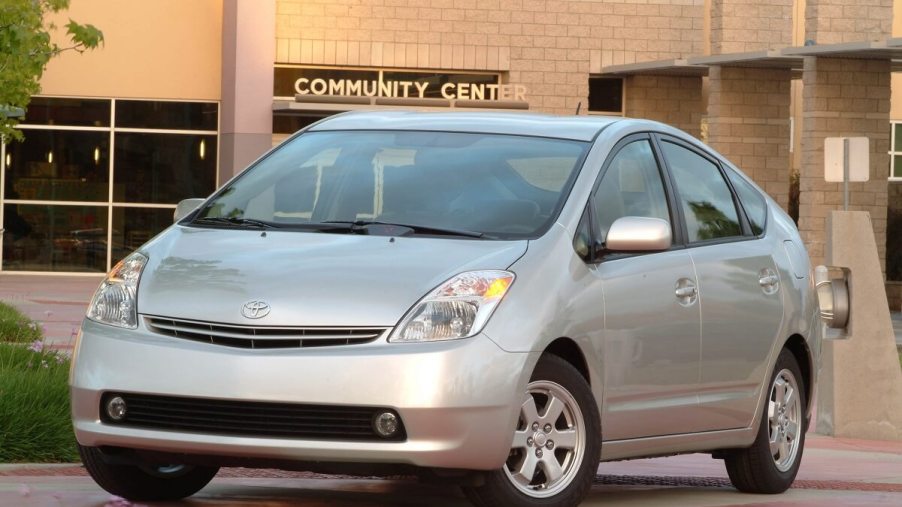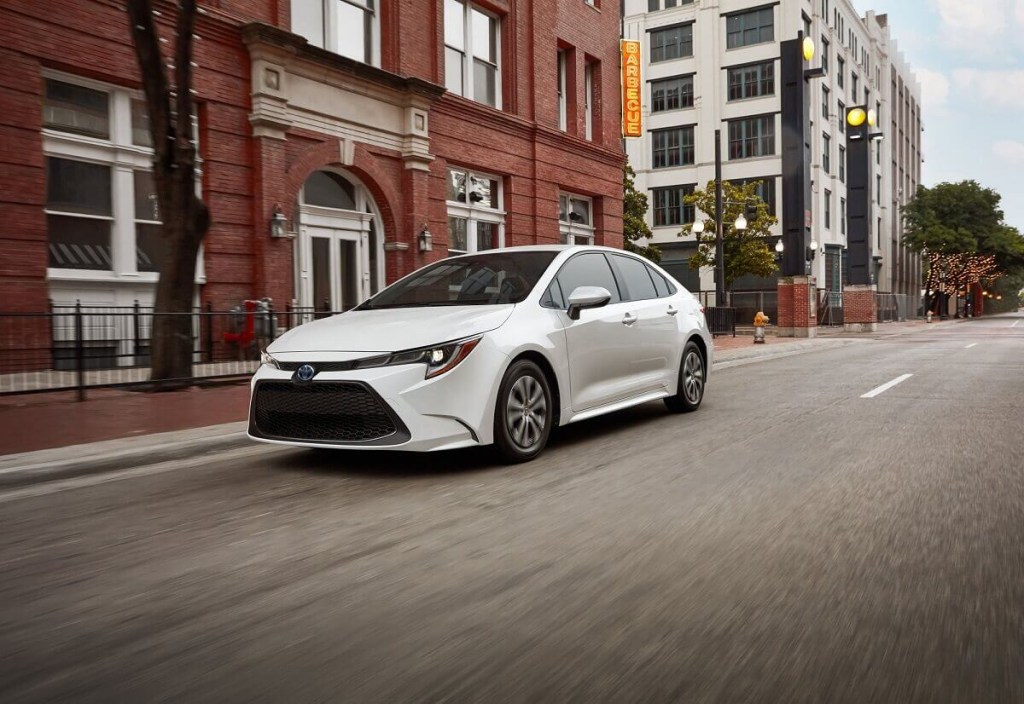
5 Signs Your Hybrid Vehicle’s Battery is Dying
If you’re new to the world of hybrid cars, you may need to familiarize yourself with some of the telltale signs your hybrid needs attention. When this kind of hybrid vehicle battery begins to go, for instance, its symptoms are different than those of a conventional gas combustion engine.
Signs of hybrid battery failure
Regardless of the make and model, you’ll likely experience at least one of the following symptoms when a hybrid vehicle’s battery begins to fail.
1. A decrease in fuel economy
If you’re not getting the gas mileage you expect from a hybrid, it likely indicates that the battery is dying. The purpose of the hybrid vehicle’s battery is to provide energy to aid your car’s movement.
So, when the battery begins to go, your car reverts back to relying on the gas combustion engine as its source of power. Increased stops at the gas station are a sure sign the battery’s failing. If you suspect a faulty battery, take your hybrid to a service center to assess your battery’s health.
2. Fluctuations in the state of charge

Does your display show an erratic charge? Does it indicate your battery’s completely charged in one instance and extremely low moments later? The vehicle’s battery could be overcharging or unable to hold a charge.
3. The battery’s not holding a charge
When you park your car overnight and leave it charged only to return in the morning to a low battery, it’s a definite sign your hybrid vehicle’s battery needs diagnostic attention.
4. The internal combustion system runs more than it should
An internal combustion engine that begins to run more than it should or kicks on at unexpected times is telling you something. It’s time to include a battery checkup in the very near future.
5. Strange engine noises
A battery that’s running hot alerts the electric fan that it needs to cool down. Running a battery too hot may damage it as well as its components.
Average life expectancy of a hybrid vehicle’s battery
Two of the biggest differences between a hybrid battery and a conventional battery are cost and life expectancy. While a typical car battery may last about five years on average, it’s also relatively inexpensive to replace. Prices vary, but you can expect to pay somewhere around $120 or less.
A hybrid battery, by contrast, can cost as much as $3,000 to replace. There’s much more involved than simply replacing a battery. The hybrid’s system consists of an entire package of batteries. Before you break out in hives and require oxygen, listen to the good news that accompanies a hybrid.
Hybrid batteries are usually “guaranteed by the manufacturer for 80,000 to 100,000 miles,” which equates to about 10 years depending on your driving habits. Should your battery die within the “warranty period,” replacement costs are covered. The Toyota Prius, for instance, guarantees their batteries for the life of the vehicle, which can mean well over 200,000 miles.
A second factor in the hybrid battery department is that you can often recondition rather than replace it. A hybrid battery may consist of 28 separate modules. Instead of replacing the entire system, you can identify and replace the faulty module for a fraction of the cost. A reconditioned battery may run you in the ballpark of a more affordable $700 or $800.
It’s worth doing research on the value of a hybrid vehicle. Like any other car, maintenance is required for optimal performance. With consistent technological advancements, hybrids can make real financial sense.


